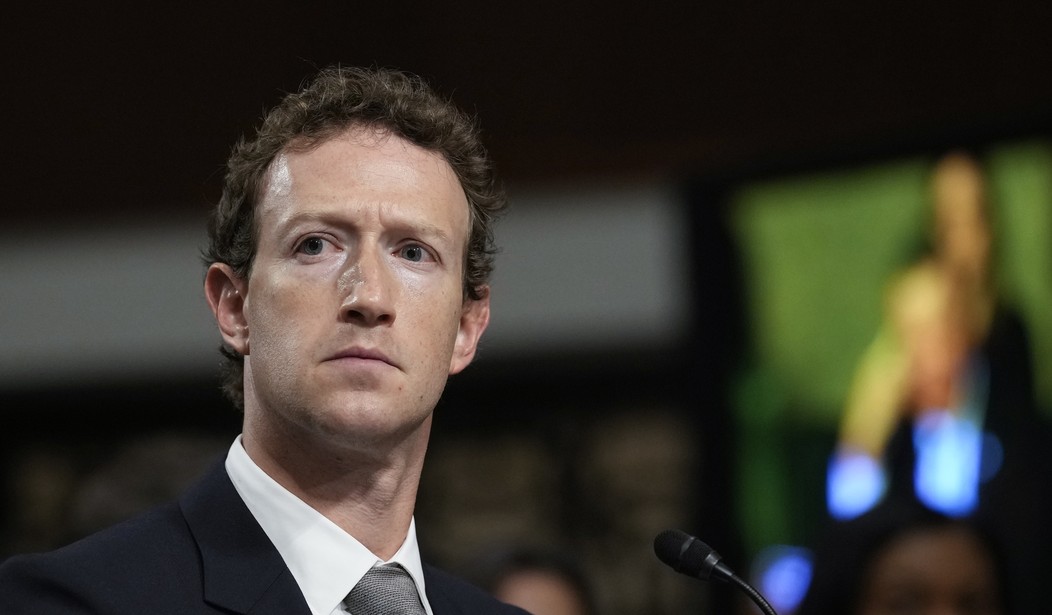When I was a little kid, Edgar the Eskimo lived in our refrigerator. I never saw the little guy myself, but apparently, he was just half an inch tall and VERY thirsty. For some weird reason, Edgar would only talk to Uncle Wally: My mom would say something like, “Aah! Who drank all 50 beers last night?” and Uncle Wally would mumble, “Edgar the Eskimo did. Leave me alone, woman” and fall back to sleep on the couch.
Anyway, after Uncle Wally mysteriously died of liver failure at the age of 27, we never saw Edgar again.
The reason I’m sharing this painful (and deeply personal) family anecdote is to illustrate a larger point: Unpredictable, bizarre behavior keeps people on their frickin’ toes.
Politics is a lot like NASCAR: You’re not gonna win if you crash your car. Simply surviving the race unscathed is enough of a challenge, which is why most politicians are so risk-averse: They’ve already made it! They’re already winners! So why Rock the Casbah and risk losing everything they’ve worked for in a fiery wreck?
Predictability. Reliability.
That’s the beauty of algorithms: Prices might increase and products will evolve, but numbers are constant. One thing plus another thing equals two things. That was true a million years ago, it’s true today, and it’ll still be true a million years in the future.
Different jobs attract different kinds of personalities. The kind of guy who covets a career as a Navy SEAL is different than a dude who dreams of being a hairdresser. Some jobs attract extroverts and thrill-seekers; others repel them.
People attracted to a career in tech believe in the power of predictable, reliable algorithms. Random, chaotic behavior frightens them.
Social media is almost 100% algorithm-based: Mark Zuckerberg has very specific formulas for quantifying Facebook usage. He knows that when the average user spends XX amount of time on his site, it generates $Y ad revenue. He knows exactly the kind of content that’s most likely to solicit your reaction. And he knows the “warning signs” that a user is on the verge of leaving his community.
In Mark Zuckerberg’s perfect world, everything would be quantifiable. Everything could be expressed mathematically.
Because then, everything would always be predictable and reliable.
Over 500 years ago, Niccolo Machiavelli wrote that sometimes it’s “a very wise thing to simulate madness” because madmen are unpredictable men. You don’t know what the hell they’re gonna do next — which makes it impossible for your adversaries to strategize against you. In more recent times, President Nixon used the Madman Theory to pressure the Soviets, strengthen ties with China, and keep America strong whenever the Cold War heated up.
And this brings us to President-elect Donald Trump, who has so thoroughly perfected the Madman Theory that he’s the most predictably unpredictable politician in modern history. (C’mon, be honest: How many of y’all had Greenland, the Panama Canal, and the Gulf of America on your Jan. 2025 bingo card?)
For over 500 years, the Madman Theory has primarily been associated with geopolitical warfare. Machiavelli never considered using it against corporate giants. But it’s probably more effective against companies like Facebook or Google because they’re more vulnerable to market pressures and financial fluctuations. A dictator in China can ignore public sentiment and simply drive a tank over a protestor in Tiananmen Square, but the CEO of Meta can’t ignore an army of angry shareholders.
It's easier to depose a CEO than a head of state.
The stunning pilgrimage of CEOs to Mar-a-Lago is the Madman Theory in action: Billionaires like Mark Zuckerberg don’t actually want to be seen with Trump! They laughed at the stupid Orange Monster with their liberal friends; they literally kicked him off their platforms. In an ideal world, Trump would disappear forever, and they could return to an existence of numbers, stats, and predictable algorithms.
But they’re scared of him: If Trump is crazy enough to annex Canada, the Panama Canal, and Greenland… what would stop him from taking MY company?
It’s not just the power of the federal government. Trump’s “bully pulpit” is even larger now than it was in 2016. His followers are more passionate, more devoted than ever before. All he has to do is post a message on social media and BAM: You’re facing a boycott, a collapse in revenue, and you’re in the crosshairs of the maddest of madmen.
Screw that! It’s easier to kiss the brass ring.
Four years ago, the Democrats at least offered an alternative. That’s what their “Opposition” was: They insisted that Trump was offensive, immoral, and un-American and refused to normalize his behavior. Because Trump’s first-term poll numbers were more negative than positive, the “Opposition” was able to build the illusion of a popular majority — the kind of credibility you only receive by representing the will of the people.
That was the conceit they ran on.
But then they lost the 2024 election. It turns out that they’re firmly in the minority.
And their entire argument collapsed.
In 2016, the Madman Theory was akin to bright lights poking through dark clouds: It was visible, but still somewhat obscured. Now, eight years later, the dark, gloomy clouds have vacated the skyline.
Everything’s clear.
For the very first time, we’re witnessing the Madman Theory in all its glory. And the very first domino to fall is the tech companies.
But they won’t be the last.
And before his second term is over, maybe we’ll even find out what the heck happened to Edgar the Eskimo.










Join the conversation as a VIP Member